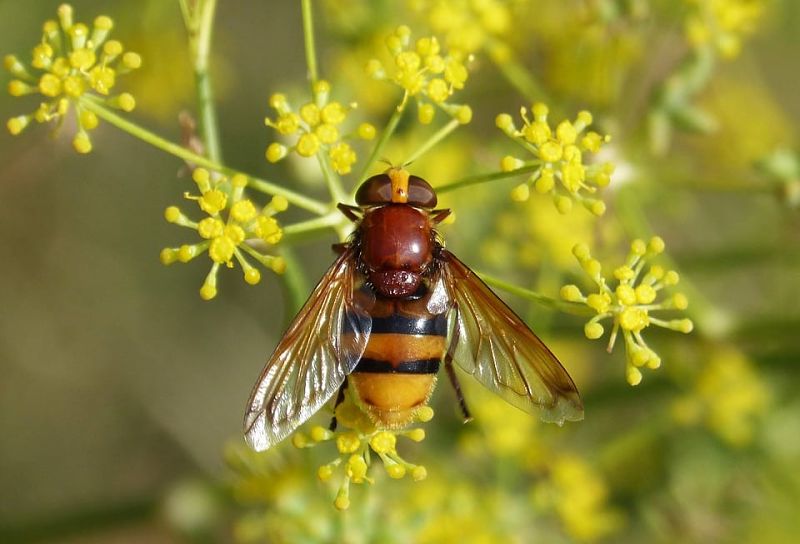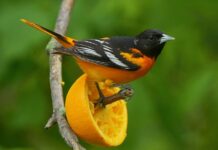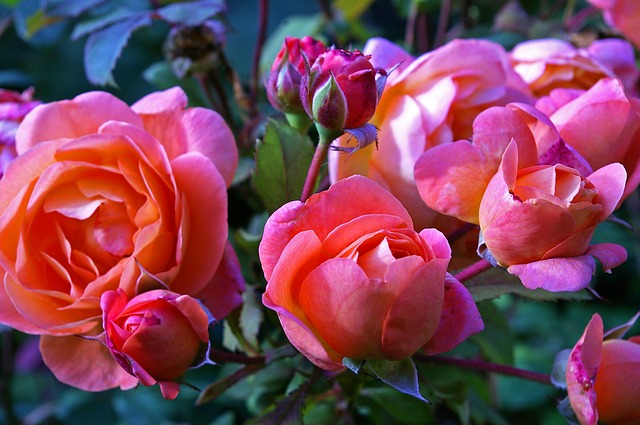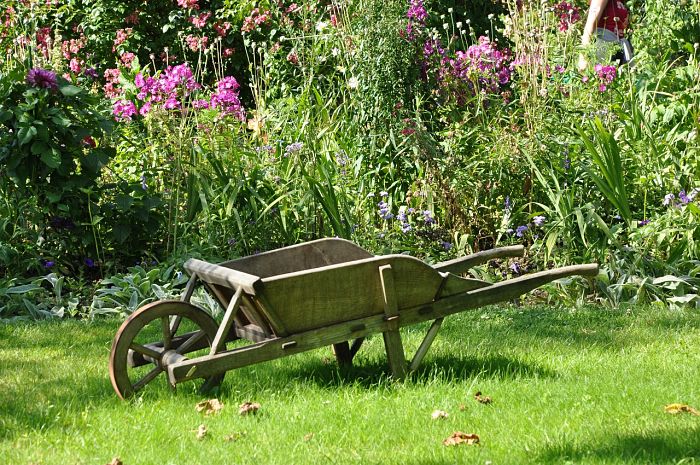For most people, insects generally mean pesky pests that eat up your hard-worked crops. However, some insects are necessary for our garden to remain in balance.
Insects that can be beneficial for the garden.
While it is true that there are many insects that damage our garden plants, such as the infamous aphid and many other common insects, and grasshoppers, worms, and moths, there are also insects that can help your garden thrive. For more information, we invite you to read about how to eliminate aphids naturally.
These insects protect our gardens by eating harmful pests and pollinating certain plants. This is why it is very important to distinguish between bad insects and good insects, to make sure you do not repel the ones that are helping your garden flourish.
Lady bugs.
Ladybugs are one of the most commonly appearing insects, and are popular with gardeners for their ability to get rid of pests. The catarinas are the main predator of aphids, and are known to consume up to 50 to the day, and many believe that a ladybug eats more than 5,000 aphids in your life.
However, they also eat many other common garden pests, such as scale insects, mealy bugs, leafhoppers, spider mites, and many other soft-bodied insects.
Syrphids.
Hoverflies are a family of flies that are commonly mistaken for wasps or bees due to their distinctive yellow-black pattern. Many species of hoverflies have proven useful to gardeners, as their larvae feed on aphids found on garden plants and crops.
In addition to eating harmful pests, hoverflies are also useful in that they contribute to pollination. These insects are said to be important for the pollination of carrots, onions, and many different types of fruit trees.
Green lacewings.
The green lacewing is another great predatory insect that you will definitely want to have in your garden. Green lacewings lay their eggs at the end of vegetable crops, which protect their larvae from predators and also protect crops from pests.
Green lacewing larvae are often referred to as “lion aphids” in the gardening community because of their large appetite for aphids. It is estimated that they eat about 200 aphids a week, and they also feed on other soft-bodied pests such as spider mites, spider mites, mealybugs, whiteflies, and small caterpillars.
Ground beetles.
Ground beetles are great for getting rid of pests that can be found in your soil and on your plants. Ground beetles feed on common invertebrate pests, such as aphids, caterpillars, worms, and slugs.
There are also several species of ground beetles that only feed on certain pests, such as the “caterpillar hunter”, allowing you to have direct control over the insects you wish to eliminate.
Ground beetles also act as an effective natural herbicide by preventing harmful weeds from growing in your garden. They do this by consuming the seed of the weed plant before they can germinate and multiply.
Parasitoid wasps.
Although these wasps may have a scary sounding name, they are a tiny, stingless type of wasp that is considered the best insect when it comes to garden pest control. They are known to parasitize (their mode of consumption) over 200 different species of pests, making them the most versatile insect when it comes to pest control.
It is important to remember that not all insects are bad for your garden, so be sure to take this into account before deciding to buy any harmful pesticides, as these will not only kill beneficial insects but also harm your health.









